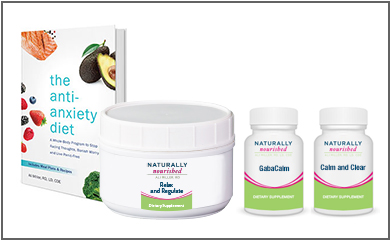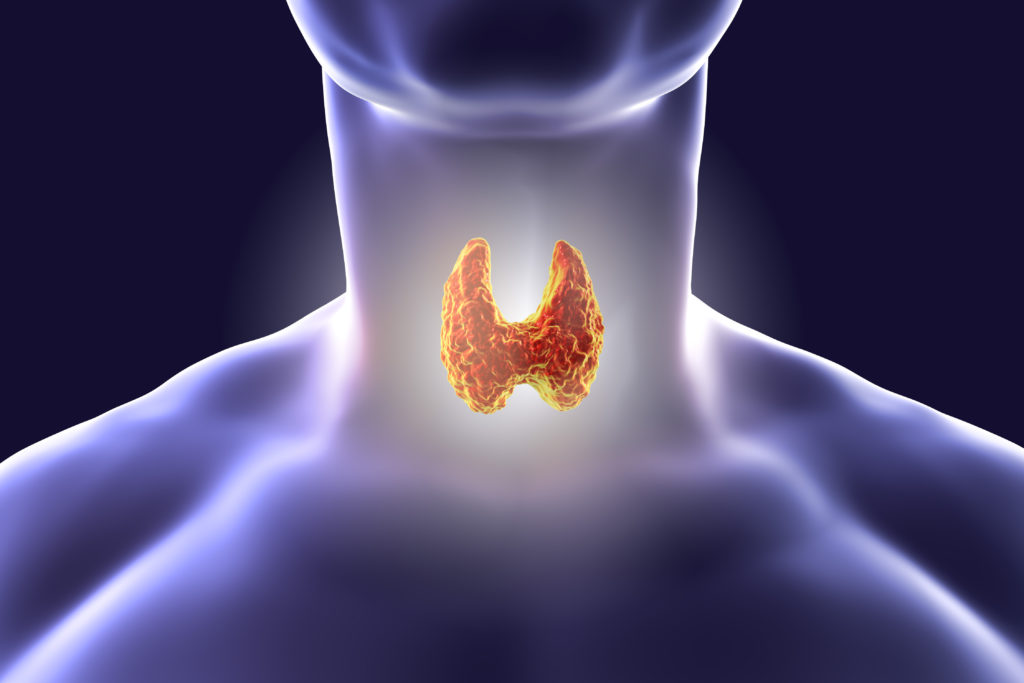INFLAMMATION & AUTOIMMUNE
Any condition with an -itis is an inflammatory issue, such as arthritis and gastritis, as well as most conditions involving pain, swelling, and lack of function. When the body is inflamed it goes into defense mode which shuts down or throws off many regulatory functions of the body including metabolism. As if pain, puffiness, and chronic fatigue from inflammation weren’t enough, living in a chronic state of inflammation can drive other disease risks including heart disease, diabetes, and cancer as inflammation accelerates their processes. Get to the root of inflammation by cleaning up your diet and focusing on whole, real foods first. Then you may consider layering in therapeutic elements of nutritional ketosis to truly manage the condition.










